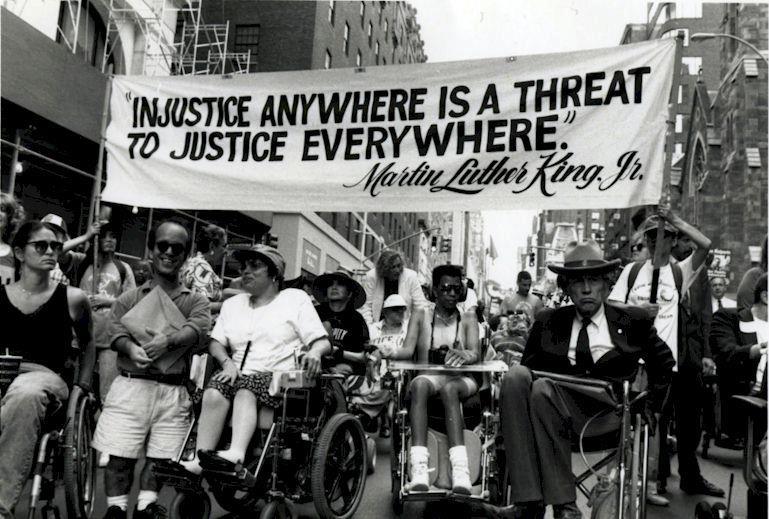Dr. El-Kikhia tells Jon Stewart that he had to leave Libya in 1980 after yet another crackdown on Benghazi. He says he was trying to drive to work one day when the police choked off traffic, directing the traffic flow so that all incoming cars had to go past a series of hanging corpses–a message to the people of Benghazi about what will happen to dissidents.
The interview doesn’t have time for details, but one should note that Benghazi and its province Cyrenaica have long hated its rival in the west, Tripoli. I know at one point, Benghazi forced Qaddafi’s troops out and have built a 4-star hotel where the barracks was.
It became the capital city of Emirate of Cyrenaica (1949-1951) under Idris Senussi I. In 1951, Cyrenaica was merged with Tripolitania and Fezzan to form the independent Kingdom of Libya, of which both Benghazi and Tripoli were capital cities. Benghazi lost its capital status when the Free Officers under the leadership of Muammar Gaddafi staged a coup d’état in 1969, whereafter all government institutions were concentrated in Tripoli. Even though king Idris was forced into exile and the monarchy abolished, support for the Senussi dynasty remained strong in Cyrenaica.
Benghazi – Wikipedia, the free encyclopedia
Dr. El-Kikhia said he was very supportive of the U.S. air strikes that saved Benghazi, including his family, from being killed by pro-Qaddafi forces. He made a point of saying “President Obama thank you!”
When Jon Stewart asked El-Kikhia the question that is on the lips of many of us, what do we do when not only civilians in Benghazi but also civilians in Syria, Yemen, Bahrain are under threat and we can’t bomb everywhere, he surprised me… answering that while Obama can’t bomb more, he has an opportunity to re-imagine the world order and address the root problem, the nation-state as run since the Westphalian system began in 1648; the old, severely outdated 1648 conception of the nation-state doesn’t make sense anymore given the communications and technology of the New Millennium.
My opinion: The nation-state hasn’t EVER made sense for the Middle East or Africa and has caused horrible violence. Libya will likely break into at least two, warring (possibly genociding each other) nations without some serious devolution of powers allowing the partisans on all sides of this old regional feud a divorce and autonomous states…like the UAE is a federation of separate, powerful emirates (Dubai, Abu Dhabi, etc.) BUT El-Kikhia never went into detail about this or what Obama can do specifically. I think Obama will miss the historic opportunity to insert new ideas about the nation-state into the process and won’t even be ready for Libyans to return to separate emirates of Cyrenaica and Tripolitania, so paranoid is America about “disunion” since our own U.S. Civil War.
El-Kikhia said he’d hate to see a world run by America’s rival, China. He believes in U.S. global leadership, I suppose because Benghazi could have been wiped out without it.
Jon Stewart asked if the Libyan rebels will turn into the Taliban once armed by the U.S., and Dr. El-Kikhia reassured him that the resistance movement wants a democracy, and Libyans have never had a theocracy, that isn’t what anyone is advocating. He said the Libyan people are grateful to the United States, and celebrating with American flags. I don’t necessarily buy what he’s saying about the rebels unquestioningly, because you really can’t predict what the rebels could BECOME once the war is over.
At the end, El-Kikhia said that before Qaddafi’s tyrannical rule ruined everything, Tripoli was a wonderful city, with golf courses and sailing clubs in the warmest, most beautiful part of the Mediterranean Sea! I think it’s important to remember that the Islamic world doesn’t have to be all about brutal, repressive, fanatical fundamentalist hellholes. Libya’s beaches were a tourist destination, Beirut was the “Paris of the East,” Baghdad was a rising cultural center, with beautiful women in ’60s cocktail dresses sipping Courvoisier in open-air bistros along the Tigris, and Iran looked like this. The young people of the region want the lives in their parents’ old photographs, and if the U.S. would be smarter, it could really happen.
